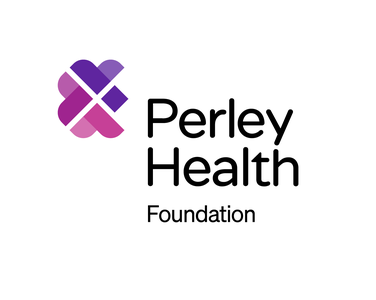
This Code of Ethics expresses CAGP’s recognition of the responsibilities of its members to the association, to fellow members, and to others in the gift planning sector, including donors or prospective donors.
All members of CAGP are committed to upholding this Code of Ethics and will declare this in writing on their acceptance as a member and annually upon their membership renewal.
Members shall act with competence, honesty, integrity and fairness in their relations with donors or prospective donors.
The primary role of members is to both help donors realize their philanthropic goals and to ensure that their contributions respect the objectives of the charitable organization in question.
Members have a responsibility to provide donors with accurate and comprehensive information on all aspects of the gift, including the roles of all interested parties.
Members who work on behalf of a charitable organization have a responsibility to inform donors of the mission, the activities of the organization as well as its gift acceptance practices, its processing procedures and fund and endowment management policies.
Members working for or on behalf of a charitable organization shall encourage donors to consult with their personal and professional advisors in the case of significant and complicated gift transactions. Members have a responsibility to cooperate with other professionals who promote their donor’s interests as well as those of the organization they represent.
Members shall not act for nor claim to represent a charitable organization without its knowledge or express consent. Members shall not act as donors’ representatives without the donors’ consent.
Members shall respect the payment schedule and contribution method chosen by donors, insofar as the methods comply with the charitable organization gift acceptance policies or guidelines. The members shall allow donors time for reflection and shall respect their decision-making processes.
In the event that the conditions a gift need to be altered, members shall work in good faith with donors in doing so.
Members shall respect the donor’s request for anonymity. Donors’ files and the personal and financial information therein contained are the charitable organization’s property and shall be kept strictly confidential and in accordance with the privacy legislation in force for the particular jurisdiction.
At all times, members shall avoid conflict of interest situations, potential conflict of interest situations or the appearance of conflict of interest. Members shall notify all interested parties of any situation that may present a potential conflict of interest. Unless circumstances are such that this becomes a requirement, members who work on behalf of a charitable organization shall not agree to act for donors on a personal basis (e.g. as liquidators or executors of wills) so as to avoid any conflict of interest.
Members who work on behalf of a charitable organization shall not accept commission based remuneration, nor finder’s fees nor shall they derive any monetary benefit from transactions concerning donations or from relationships established with donors as part of their duties.
Members shall be responsible for maintaining their professional skills and for upgrading their knowledge on an ongoing basis.
Members shall be obliged to be aware of and adhere to all guidelines and standards of conduct issued by the Association.
Complaints should be addressed in writing to the Board of Directors of CAGP, who will review them in confidence and in accordance with the Code of Ethics Complaints Procedure.
